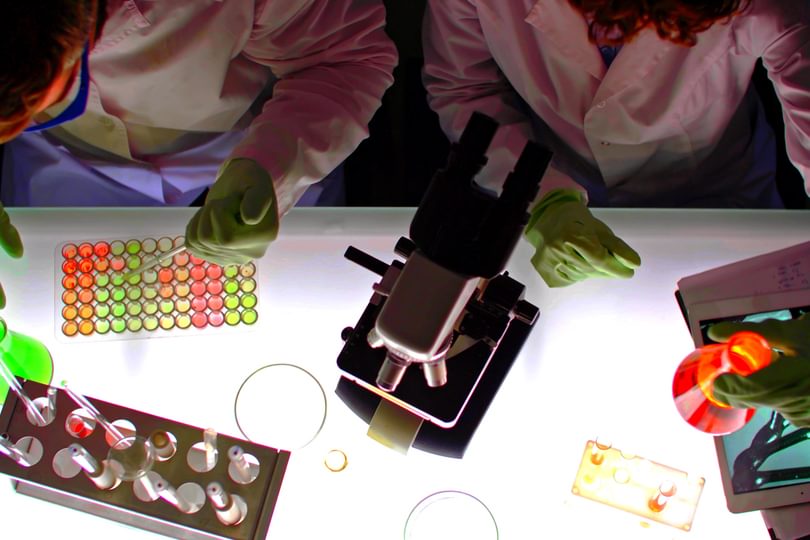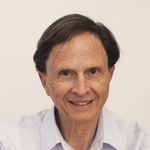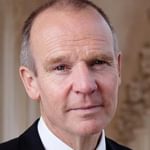
Join us for a conversation between Professor Chris Dye and Professor David Heymann, two experts on viruses and pandemics, as they discuss what measures can be taken to prevent future pandemics, lessons learnt from COVID-19 and how a post COVID-19 world might look.
To register and watch live: https://www.crowdcast.io/e/Preventing_and_controlling_pandemics
The talk will also be streamed via YouTube here, but please note you will not be able to take part in the interactive Q&A session unless you join the talk on CrowdCast.

Professor David Heymann
Professor of Infectious Disease Epidemiology, LSHTM
David Heymann is currently Professor of Infectious Disease Epidemiology at LSHTM and Head of the Centre on Global Health Security at Chatham House, London. From 2012 to March 2017 he was chairman of Public Health England.
For 22 years Heymann was based at the World Health Organization (WHO) in Geneva on secondment from the Centers for Disease Control and Prevention (CDC) during which time he rose from Chief of Research of the Global Programme on AIDS to Founding Director of the Programme on Emerging and other Communicable Diseases. He then was named Executive Director of the Communicable Diseases Cluster, a position from which he headed the global response to SARS, and finally was named Assistant Director for Health Security and the Director General’s Representative for Polio Eradication.
Heymann is an elected fellow of the Institute of Medicine of the National Academies (US) and the Academy of Medical Sciences (UK), and has received seven different public health awards, including the Heinz Award on the Human Condition, that have provided funding for the establishment of an on-going mentorship programme at the International Association of Public Health Institutes (IANPHI).
Heymann has published over 200 peer reviewed articles, commentaries and book chapters, and is the editor of the Control of Communicable Diseases Manual, a major global reference for public health and health protection. In 2009 he was appointed an honorary Commander of the Most Excellent Order of the British Empire (CBE) for service to global public health.
He has published numerous papers on Covid-19 including COVID-19: Towards Controlling of a Pandemic, COVID-19: What Is Next for Public Health? and SARS to novel coronavirus - old lessons and new lessons.

Professor Christopher Dye
Oxford Martin Visiting Fellow
Chris Dye began professional life as an ecologist in the UK, having been awarded degrees in biology (BA) from the University of York and zoology (DPhil) from the University of Oxford. Chris is leading the work of a UK-wide group of scientists to set out the evidence and the facts on COVID-19 through “Coronavirus: The Science Explained”, a new website from UK Research and Innovation, the UK's funding agency for science and research.
After developing an interest in infectious diseases at Imperial College London, he moved to the London School of Hygiene and Tropical Medicine to bring his research closer to public health. He was head of the School’s Vector Biology and Epidemiology Unit until 1996, carrying out research on leishmaniasis, malaria, rabies and other infectious and zoonotic diseases in Africa, Asia and South America.
In 1996, he joined the World Health Organization where he has developed methods for using national surveillance and survey data to study the large-scale dynamics and control of tuberculosis (TB) and other communicable diseases. As Director of Strategy in the Office of the Director General between 2014 and 2018, he worked with governments and other agencies to strengthen WHO's scientific work and to translate science into health policy.
From 2006 to 2009, he was also Professor of Physic at Gresham College, 35th in a lineage of professors that have been giving public lectures in the City of London since 1597.
Keep in touch
If you found this page useful, sign up to our monthly digest of the latest news and events
Subscribe